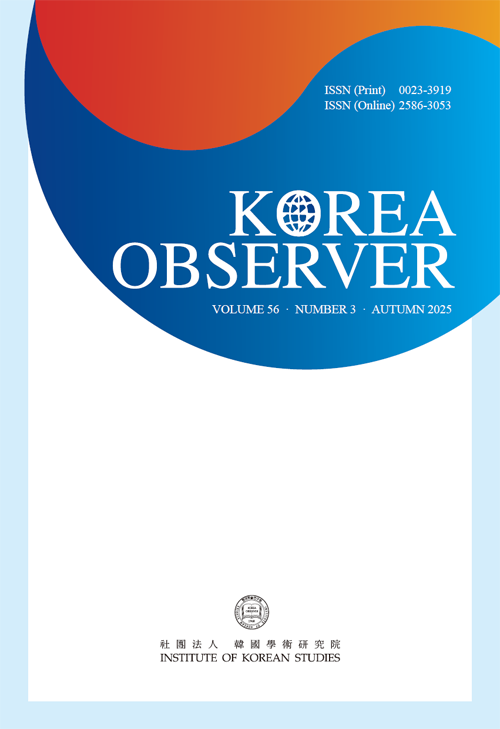Democracy Aid and its Recipients: A Comparative Study of South Korea and OECD/DAC
- 한국학술연구원
- Korea Observer
- Vol 56, No 3
-
2025.09443 - 471 (29 pages)
-
DOI : 10.29152/KOIKS.2025.56.3.443
- 3

This study examines the allocation of democracy aid by South Korea and OECD/DAC countries, focusing on how donors' perceptions of aid efficiency and differing strategic goals influence recipient selection. The analysis reveals that for both donors, democracy aid allocation follows an inverted U-shaped relationship with recipient countries' democracy levels, with moderate democracies receiving the most support, which enhances the promotion of democracy. However, their approaches differ: OECD/DAC prioritizes aid efficiency by increasing the number of democracy-focused projects, supporting diverse local initiatives, while South Korea emphasizes efficiency through financial commitments, concentrating aid in larger, high-impact projects. Additionally, while OECD/DAC tends to avoid military regimes, South Korea allocates comparatively more aid to these regimes, potentially reflecting its own historical experiences and strategic considerations. This comparative analysis highlights how donors' differing goals and perceptions of democracy aid efficiency shape their selection of partner countries based on democracy levels and regime characteristics, illustrating distinct strategies for democratic support across these two donors.
Ⅰ. Introduction
Ⅱ. Determinants of Foreign aid Allocation and Perceptions of Effectiveness
Ⅲ. Goals of Democracy Assistance: Democracy Promotion and State Capacity Building
Ⅳ. Stylized Facts on Effectiveness of Democracy Aid
Ⅴ. Democracy Aid by OECD/DAC and South Korea in the Context of SDG 16
Ⅵ. Empirical Analysis
Ⅶ. Discussion
References
(0)
(0)